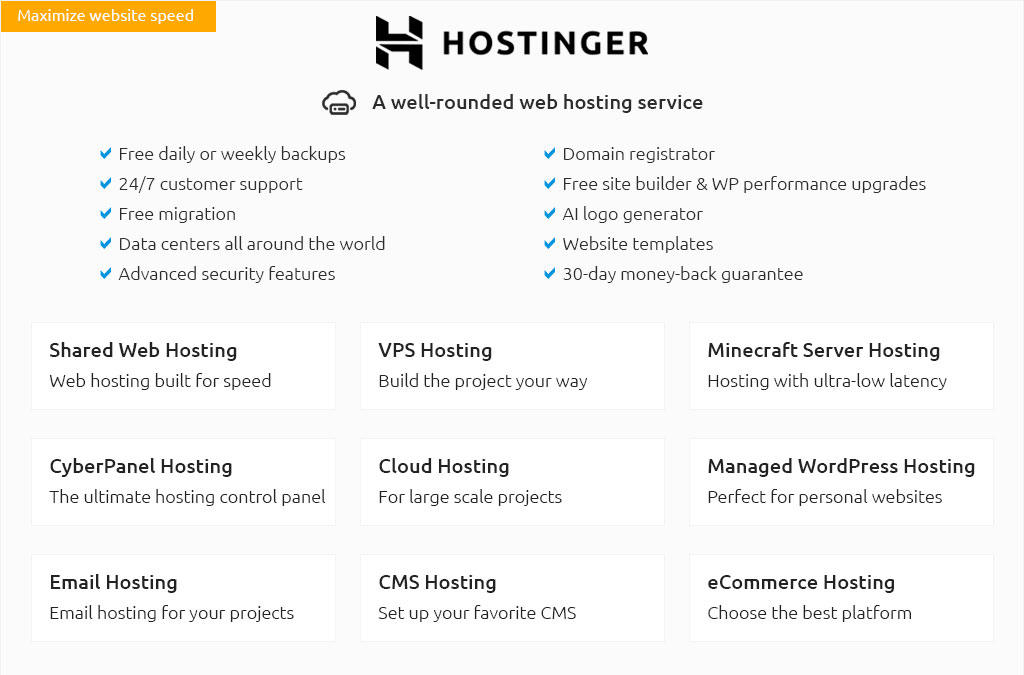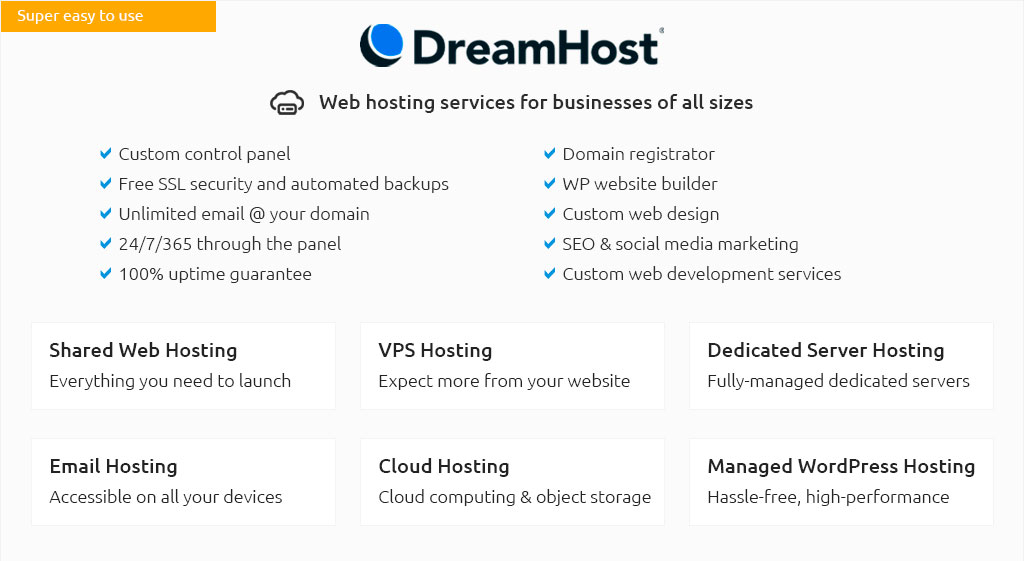 |
|||
 |
 |
 |
|
 |
|
 |
 |
 |
|||
 |
|||
 |
|||
 |
|||
 |
 |
|
Unlock the true potential of your online presence with our unparalleled web hostings review, where we demystify the world of domain and email hosting services, empowering you to make informed decisions with confidence and ease; dive into a realm where cutting-edge technology meets seamless performance, ensuring your website not only stands out but thrives, while our expert insights guide you through the maze of options to find the perfect fit for your unique needs; experience the difference today, because settling for anything less than extraordinary is simply not an option.
https://www.ionos.com/office-solutions/email-hosting
IONOS offers a domain with email hosting, making it easy for you to build up your personal brand. Registering your custom domain is hassle-free. https://zapier.com/blog/best-email-hosting-services/
The 5 best email hosting providers - Microsoft 365 for companies that use Microsoft apps - Google Workspace for keeping everything on the cloud (and Google users). https://www.a2hosting.com/email-hosting/
A2 Hosting is great at email hosting within its comprehensive web hosting services, focusing largely on custom domain emails. On the other hand, Google ...
|